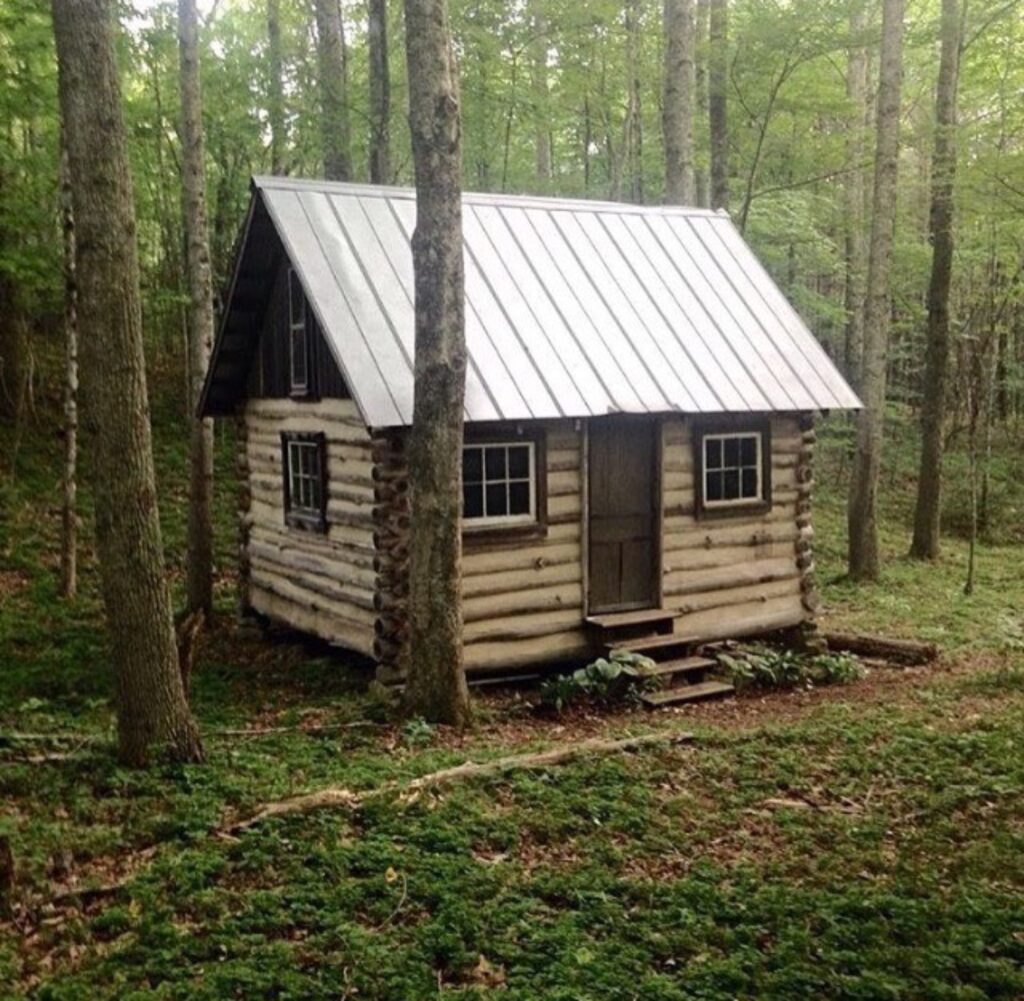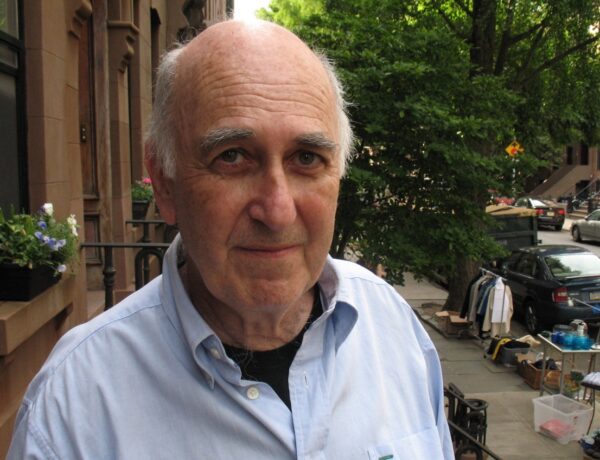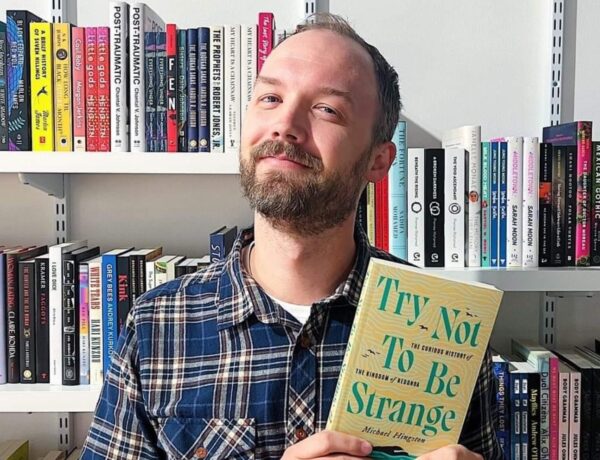Mesha Maren is the author of the novels Sugar Run and Perpetual West. Her short stories and essays can be read in Tin House, The Oxford American, The Guardian, Crazyhorse, Triquarterly, The Southern Review, Ecotone, Sou’wester, Hobart, Forty Stories: New Writing from Harper Perennial, and elsewhere.
She was the recipient of the 2015 Thomas Wolfe Fiction Prize, a 2014 Elizabeth George Foundation grant, an Appalachian Writing Fellowship from Lincoln Memorial University, and fellowships from the MacDowell Colony and the Ucross Foundation. She was the 2018-2019 Kenan Visiting Writer at the University of North Carolina at Chapel Hill.
Mesha is an Assistant Professor of the Practice of English at Duke University and also serves as a National Endowment of the Arts Writing Fellow at the federal prison camp in Alderson, West Virginia.
Looking for inspiration to help you achieve your writing goals? Subscribe to our newsletter for exclusive insights into the routines, habits, and techniques of some of the most celebrated authors in history.
Hey Mesha, we’re so excited to have you join us on Famous Writing Routines. To start off, could you give our readers a brief overview of your background as an author?
Thank you for having me. My background, let’s see, I’ve published two novels, Sugar Run and Perpetual West, and a bunch of short stories and essays. I love writing about landscape and identity.
With your background in both writing fiction and nonfiction, can you tell us how these different forms of writing have influenced your style and approach to storytelling?
I wrote only fiction for years and then my partner, M. Randal O’Wain, went to graduate school in the Nonfiction Writing Program at the University of Iowa and I think it rubbed off on me. I loved all of the conversations I was surrounded by during those years in Iowa and it made me want to challenge myself to write nonfiction. My first full length attempt was a piece of longform journalism in Oxford American, called West Virginia in Transition, about a young trans man living in my hometown in southern West Virginia.
Your debut novel, Sugar Run, has received critical acclaim and has been praised for its evocative portrayal of rural Appalachia. Can you speak to your experience of writing about this region and how you approached the research and development of the setting and characters?
The research began the day I was born. I’m only kind of joking. My mom gave birth to me at home in a one room house on top of Muddy Creek Mountain outside of Alderson, WV and she told me later that there was a tractor in the field outside the day she went into labor and for a while her contractions matched the rhythms of the hay baler.
When I was a kid, my dad taught me how to listen. He taught me that stories are just as important as food and work and family. In the evenings and on the weekends, he would take me to my neighbors’ houses. Most of the folks who lived around us were women in their seventies who had known our Appalachian community through all sorts of changes; women who had lost their husbands to hard labor and bad luck; women who had worked the land with their hands and raised children out of pure will.
My artistic practice began while sitting at these women’s kitchen tables, eating biscuits and listening to them talk about their fierce love for their little corner of West Virginia, the way they knew exactly where to find ginseng roots on the north facing slopes and all the rich coves where the wild ramps grew. The dramatic push and pull of love and sorrow played out through every one of their stories and it was from these women that I learned the cadence and tension necessary to keep your audience rapt. My fiction is not always set in West Virginia but the role of home and place are integral to all of the art that I make.
Do you struggle to stay focused while writing? You’re not alone! That’s why Famous Writing Routines recommends Freedom – the ultimate app and website blocker for Mac, Windows, Android, iOS, and Chrome. With over 2.5 million users, Freedom helps writers stay on task and avoid distractions. Get started for free today and reclaim your productivity!
You have also been involved in teaching and mentoring, serving as an Assistant Professor of the Practice of English at Duke University and a National Endowment of the Arts Writing Fellow at a federal prison camp in West Virginia. How has your experience of teaching and mentoring influenced your writing and your understanding of the craft?
The first writing workshop I ever taught was at a federal prison. I was given brief and vague instructions about bringing the arts into prisons. I was nervous. I had no MFA, no published book, no teaching experience. I quickly realized though that there was a common ground for everyone in my classes, a desire to leave behind, even momentarily, the drudgery of prison life. There in that room, in their writing, something other than the penal system was given precedence.
That was more of a reason to write than what anyone I’d ever known in academic settings ever had. They had already shown each other one of the most important aspects of writing without my ever having to use words like verisimilitude. By the end of that first semester, we were having craft discussions well above the introductory level, and every single person was engaged. I found that I felt sorry, in retrospect, for myself and the other students in all the academic workshops I had attended in the past; those stale, white-washed discussions of careful craft analysis.
I thought it was the workshops’ fault, but I realized now that a workshop is exactly as alive as the people you fill it with. In the prison workshop, we had rollicking discussions about the cultural significance of coon dogs versus pit bulls and the various possible meanings of the word joint. We pushed each other to dig deeper, illuminate further, make a scene come alive for someone who had never experienced a place like that but who was hungry to be transported.
You have been the recipient of numerous awards and fellowships, such as the Thomas Wolfe Fiction Prize, Elizabeth George Foundation Grant and Appalachian Writing Fellowship. Can you tell us about the impact these opportunities have had on your career as a writer?
They let me waitress less and write more! I meant this quite literally, all three of those grants and fellowships allowed me to cut back on the time I used to wait tables at the Bluebird Diner in Iowa City. That meant I had more time to focus on writing Sugar Run.
What does a typical writing day look like for you?
I drink coffee and read for an hour or two and then I write for two to four hours.
How do you balance the demands of teaching and mentoring with the time and energy required to write and revise your own work?
I am extremely lucky. I teach two days a week, the rest of the time I write.
Can you discuss your experience of writing for both fiction and nonfiction, and how you approach the different demands and expectations of these genres?
Nonfiction is so scary! When I was writing the piece for Oxford American I was terrified because a real human being had entrusted me with his story. Fiction is terrifying in different ways. You are building a universe out of language and syntax.
What does your writing workspace look like?
I split my time between Durham, NC and Alderson, WV. Here is a photo of my space in W.V.

Affiliate disclaimer: Some links on this website are affiliate links. We may earn a small commission if you make a purchase through these links, but only promote products we truly believe in. We disclose affiliate links and give honest reviews.



No Comments